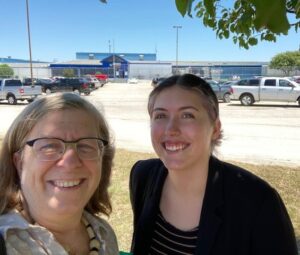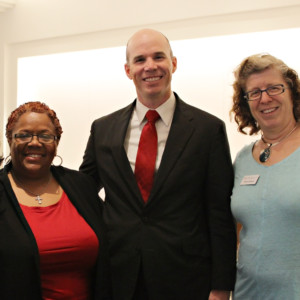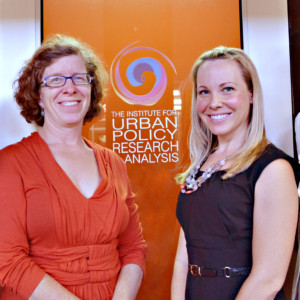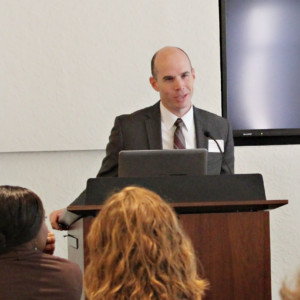In May 2016, the Justice Center convened stakeholder conversations on Class C fines and fees, bringing together municipal and justice of the peace judges, state officials, and advocates. The first convening discussed existing practices for the assessment and collection of court fines and fees in Class C proceedings and considered potential statutory and regulatory changes that could promote access to justice and fair outcomes for all Class C defendants regardless of their income. In the second convening, speakers shared their insights on current court practices around the state that serve as potential models for reform.





